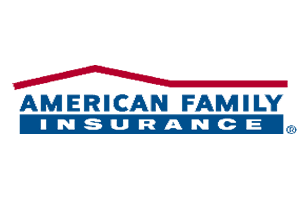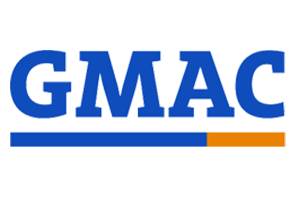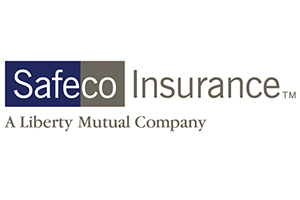WHAT’S THE DIFFERENCE BETWEEN MOLD AND MILDEW AND WHY MOLD REMEDIATION IS SO IMPORTANT
 Mold Remediation after Water Damage
Mold Remediation after Water Damage
Mold and mildew are often used interchangeably to describe unwanted growth in damp areas, but they are not the same thing. Professional mildew and mold remediation will help you identify your problem and resolve it before it becomes a serious problem.
According to the Environmental Protection Agency (EPA), mildew is a certain kind of mold or fungus. Molds are specific species of microscopic fungi. It can grow in any kind of organic matter and inside of buildings with moisture problems. Mildew often thrives in areas with excessive moisture, especially bathrooms and basements.
Though mold and mildew are similar, their main difference stems from the risks they pose. But there are also structural differences. For example, mold penetrates the surface of where it’s growing. It is slimy or fuzzy and has an irregular growth pattern. It can also be different colors, including:
- Black
- Green
- Yellow
- Gray
- Blue
- White
Mildew, on the other hand, is gray or white, though it will turn darker over time. It has a flat growth pattern and tends to look fluffy or powdery It remains on the surface of where it’s growing, making it much easier to remove then mold.
Why You Need to Remove Mildew and Schedule Mold Remediation
Despite their differences, mold and mildew both need to be removed as soon as possible because of the problems they’ll cause if they are left without treatment.
Mildew is typically considered less of a health risk than mold, but this is not to say it does not pose any health risks. Inhaling mildew can lead to a variety of respiratory problems and cause headaches, sore throats, and coughing.
Mold can lead to a great deal of structural damage if not treated. It can also trigger health problems that vary based on the strain of mold present. Some of the most common issues related to mold exposure include:
- Respiratory problems
- Allergic reactions, such as skin irritation, sneezing, nasal congestion, and irritation of the throat and eyes
- Inflammation
- Migraines
- Heart problems
- Pain
- Dizziness
- Depression
- Fatigue
Black mold is particularly dangerous and can trigger long-term health effects, especially in those with weakened immunity and children.
Testing for Mold and Mildew
Even if you understand the difference between mold and mildew, you might not be sure which type of problem you have in your home. You might not even realize you have either type of problem, which is why it’s important to have professional testing if there’s any chance you have mold or mildew growth.
Professional mold and mildew testing identifies the problem, evaluates its severity, and provides information about how to eliminate the problem.
What to Do If You Have a Mold or Mildew Problem?
The best way to deal with mold and mildew is to prevent either from growing in the first place. Keep spaces free of excessive moisture by maintaining humidity levels between 40 and 50 percent. Use a dehumidifier if needed. It’s also important to have your heating and cooling systems inspected regularly and fix any leaks as soon as possible.
Mildew problems can sometimes be treated with household cleaners and no professional intervention. Just make sure you follow the instructions on the product you are using and work in a well-ventilated area. Home remedies are often enough to resolve a mild to moderate mildew problem.
Mold, however, is never a DIY project. Mold spores can become airborne and efforts to resolve a problem without professional assistance can lead to a much bigger problem. It’s best to treat mold problems early on, but growth might not be visible in the early stages. If you have any reason to suspect a mold problem or you are dealing with moisture issues in your home, it’s a good idea to contact a professional for an inspection.
Professional mold remediation is the only way to guarantee a safe environment.
If you’d like more information about dealing with mildew or mold or you need to schedule an inspection, contact Rapid Dry Restoration at 303-710-8415 or 970-408-0917.
We work with all Insurance companies
















 Mold Remediation after Water Damage
Mold Remediation after Water Damage